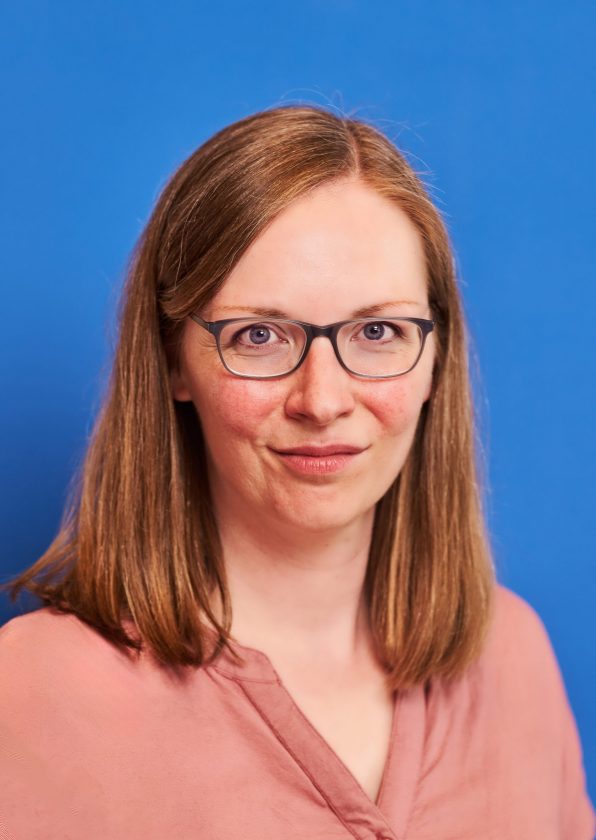Angeschlossene Forscher bei MECAM
Als affiliierter Researcher bei MECAM wird man Teil eines Netzwerks, dessen Grundlage die thematische Passung des individuellen Projekts mit dem Forschungsprogramm von MECAM ist. Die Affilierung basiert darauf, dass das Forschungsprojekt nahtlos integriert wird und die Synergien der Partnerinstitutionen optimal genutzt werden können. MECAM bietet eine Plattform, auf der die Passung des Projekts mit dem Forschungsprogramm im Vordergrund steht und eine offizielle Anbindung an die Université de Tunis gewährleistet wird. Eine Voraussetzung der Affilierung ist ein akademischer Beitrag, der dem MECAM Netzwerk zur Verfügung gestellt wird. Forschende profitieren von einem Netzwerk, das Projekte unterstützt, die thematisch mit den Zielen von MECAM harmonieren. Die Affilierung ermöglicht zudem eine offizielle Anbindung an die Université de Tunis, die zusammen mit der Philipps-Universität Marburg die Gesamtkoordination von MECAM innehat.
Dr. Imad Alsoos
( Max Planck Institute for Social Anthropology/ Germany )
Imad Alsoos holds a Gerda Henkel Stiftung scholarship to conduct a comparative study of Muslim political thought in the Mashreq and Maghreb, examining how their interactions have influenced the development of the Ennahda Party’s political thought. Between 2023 and 2025, he was a Fellow at the Merian Centre for Advanced Studies in the Maghreb (MECAM) studying the Ennahda Party in Tunisia. He earned his Ph.D. in 2017 from the Free University of Berlin, focusing on Hamas’s political discourse and organisational mobilisation in Gaza. Between 2018 and 2023, he continued his research on Hamas at the Max Planck Institute for Social Anthropology in Halle.
Affiliation to MECAM: 01.05.2025 – 30.4.2027.
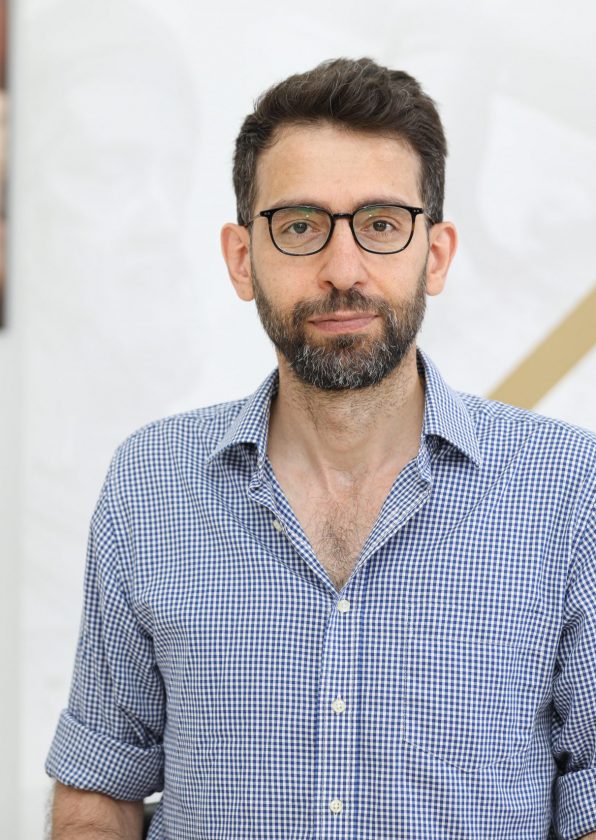
Andrew Fallone
( University of Cambridge Institute of Criminology )
Andrew Fallone is a Ph.D. candidate at the Institute of Criminology at the University of Cambridge, where he has been pursuing his doctorate in Criminology since October 2022. Prior to this, he obtained a Master of Arts in Transnational Governance from the European University Institute in Florence, specializing in transnational migration governance. He completed his undergraduate studies at American University in Washington, D.C., with degrees in International Studies and German Studies.
Project: Social Networks and Information Asymmetries in Irregular Migration: An Intersectional Analysis Across Mexico and Tunisia
Research Summary for the Merian Centre for Advanced Studies in the Maghreb (MECAM). My research endeavors to identify the ways in which social information ameliorates the inherent information asymmetries that exist in irregular migration, and the ways in which the ability of people on the move to access social information differs based on their intersectional identities, including gender, financial resources, age, and social community. A growing body of research evinces that people on the move often rely on social information in order to plan their journeys and more accurately anticipate potential challenges they may encounter. This research operationalizes a network theory of access to information and social protection to quantify the demographic stratification of access to information for individuals on the move. My analysis extends this idea to test if the profile of people with less access to information holds constant across diverse geographic contexts, based on extended fieldwork in Mexico and Tunisia. Providing empirical evidence to establish the importance of social information for people on the move not only seeks to reduce the potential for future migration laws to exacerbate information asymmetries, but also explores the ability of legal frameworks to protect people’s access to information.
Affiliation to MECAM: 15 September 2024 to 31 March 2025
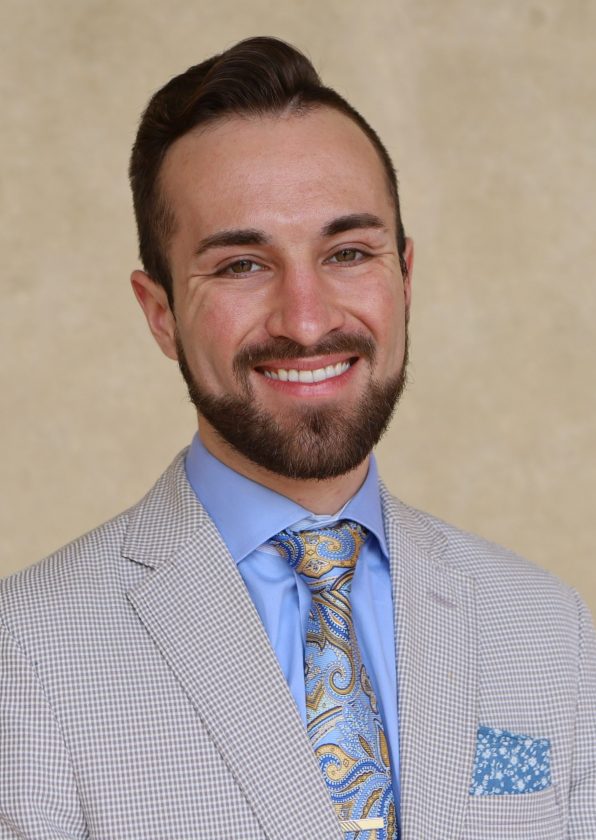
Vanessa Barisch
(The Philipps-Universität Marburg, Deutschland )
Vanessa Barisch studierte Europäische Studien an der Universität Passau und der Libera Università Santissima Maria Assunta (Rom). Ihr Masterstudium mit dem Schwerpunkt Internationale Migration und Interkulturelle Beziehungen absolvierte sie an der Universität Osnabrück und der Universidade de Lisboa. In ihrer Abschlussarbeit befasste sie sich mit der Verbindung von Migration und Demokratie in Tunesien. Sie arbeitete zwei Jahre lang am MECAM, bevor sie sich ganz auf ihre Forschung in den Bereichen internationale Zusammenarbeit, Kulturpolitik, Migration und Gender Studies konzentrierte. Sie ist Doktorandin an der Philipps-Universität Marburg. Parallel dazu arbeitet sie als Journalistin u.a. für das Magazin dis:orient.
Project: Mehr Augenhöhe in der Nord-Süd-Partnerschaft: Eine Analyse der Bilateralen Beziehungen zwischen Tunesien und Deutschland
Ausgehend vom Leitmotiv der deutschen internationalen Zusammenarbeit mit dem Globalen Süden, der Kooperation auf Augenhöhe, untersucht das Forschungsprojekt, inwieweit diese Augenhöhe in der bilateralen tunesisch-deutschen Zusammenarbeit in den Jahren zwischen dem Arabischen Frühling und dem Staatsstreich im Jahr 2021 realisiert worden ist. Dabei konzentriert es sich auf ein zentrales Programm der deutsch-tunesischen Zusammenarbeit, die „Transformationspartnerschaft mit der arabischen Welt und Wissenschaftspartnerschaften mit Transformationsländern in Nordafrika / Nahost“, die auf den Achsen Demokratisierung, Empowerment der Zivilgesellschaft, Kulturpolitik und Hochschulkooperation wirkte. Ich argumentiere, dass die Augenhöhe aufgrund kolonialer Kontinuitäten nicht verwirklicht wurde und diese Kooperationen daher nicht auf einer gleichberechtigten Partnerschaft beruhen. Das Projekt untersucht, wie diese Situation gelöst werden kann, damit sich die bilaterale Zusammenarbeit auf einer gleichberechtigten Basis entwickeln kann.
Affiliation to MECAM :1 June 2024 – 31 December 2025
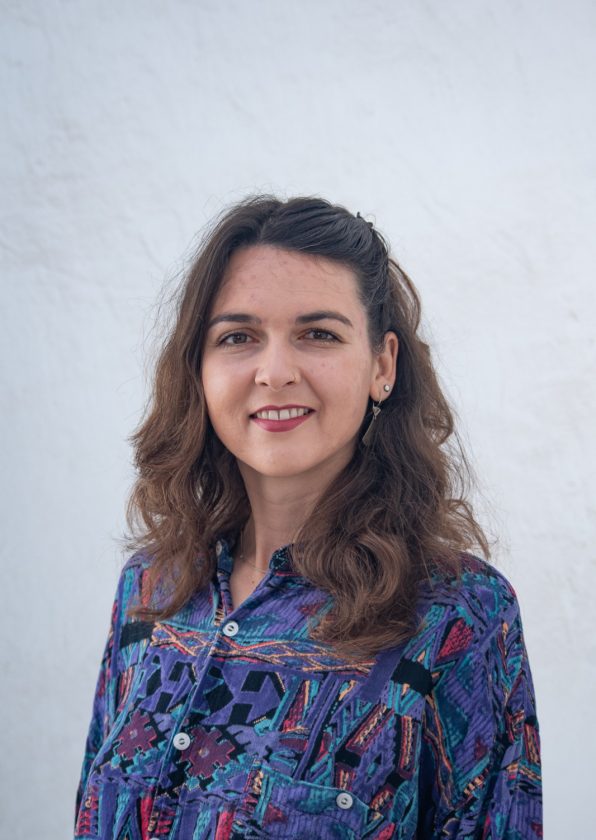
Dr. Charlotte Fiedler
( The University of Essex, United Kingdom)
Charlotte is a senior researcher at the German Institute of Development and Sustainability (IDOS) with a PhD from the University of Essex. She engages in research and policy advice on peacebuilding and social cohesion in post-conflict countries as well as political transformation processes and the effectiveness of international support thereto.
Project: The international dimension of political transformation processes
Countries frequently undergo major political change – even seemingly stable, established systems can slowly be changed or what appeared to be clear political trajectories take an unexpected turn. This change can be incremental or more abrupt. The research project investigates the international dimension of such processes of political transformation. It asks: How do international actors react to political change in countries they are engaged in – what does it mean for development cooperation? Which strategies exist to deal with and adapt development cooperation accordingly?
Charlotte has been an affiliated researcher with MECAM first as a guest researcher from IDOS and now under a post-doc research stay grant by the German Academic Exchange Service (DAAD).
Affiliation to MECAM: 25.01. 2024-15.09.2024, 01.04.2025-01.06.2025
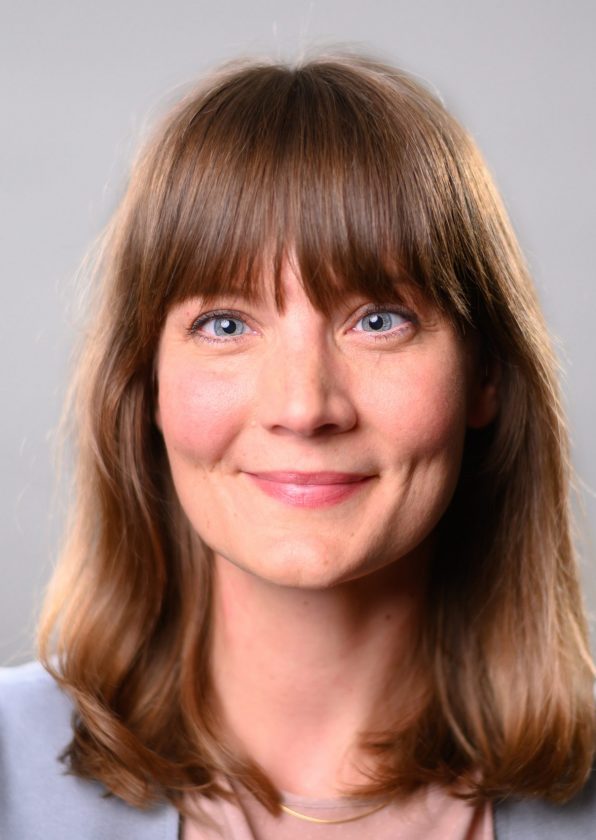
Philipp Wagner
( The University of Freiburg, Germany )
Philipp Wagner is a doctoral researcher at the Arnold Bergstraesser Institute in Freiburg im Breisgau, Germany. His research interests are renewable energy projects between the MENA and the EU, transregional infrastructure policies as well as socio-political participation. Supported with a study scholarship of the Heinrich Böll Foundation, he received his German-French master’s degree in Applied Political Science from the University of Freiburg and Sciences Po Aix-en-Provence in 2022. Previously, he worked in the field of climate protection and energy transition in think tanks and NGOs. During his research in Tunisia, he is affiliated with the Merian Centre for Advanced Studies in the Maghreb (MECAM) at the Université de Tunis.
Project: Renewable energies through techno-politics: Selective connectivities in the Tunisian-European solar energy and green hydrogen relations
Several corporate and political initiatives envisage the exchange of renewable energy between Tunisia and the European Union. These emerging transregional energy connectivities may be of a selective nature: While energy flows shall be enhanced, tensions arise around political participation, ownership and the distribution of benefits in the same geographical corridor. Drawing on literature on transregional connectivities, infrastructure studies and governance practices, this research project seeks to understand how techno-politics relate to larger socio-economic dynamics in the field of Tunisian-European energy relations.
Affiliation to MECAM February – November 2024
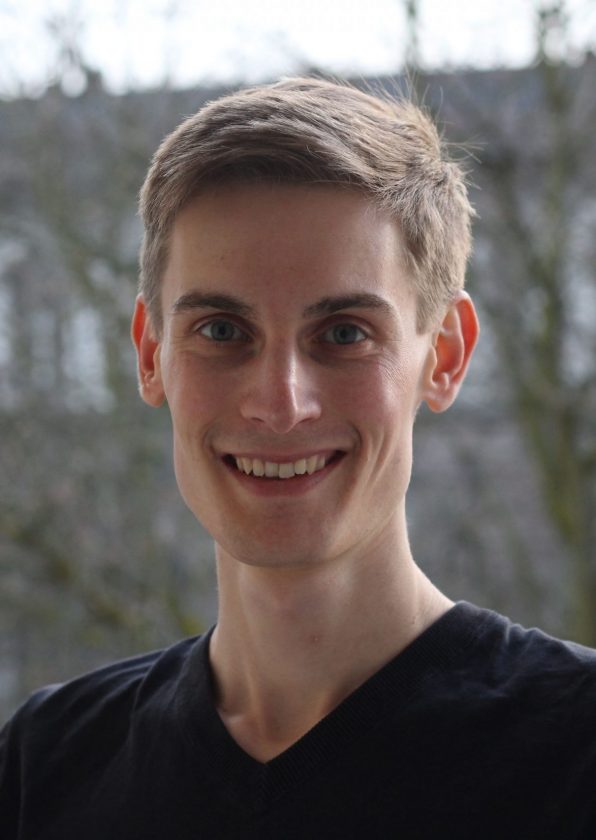
Katharina Potinius
( University of Heidelberg / Deutschland )
Katharina Potinius is a doctoral researcher at the University of Heidelberg in Germany at the chair for international relations. Her research interests are the domestic foundations of foreign policy and cooperation with the European Union. Previously, she has worked in research and public administration. She holds a master’s degree in political science and public administration (University of Konstanz) and a Research Master in Political Science (Universitat Pompeu Fabra).
Project: Migration Diplomacy: Migration Agreements and Issue-Linkages in Foreign Policy
In the last decades, the European Union and its member states have sought to control and reduce migration into the Schengen area through agreements on migration control with countries outside the EU, especially aimed at enforcing border controls and readmission. In this process, linkages to other issue areas have been created, namely cooperation on development cooperation, security, visa agreements as well as mobility for employment, education, and business. The research project seeks to understand how and to what extend domestic politics are shaping governments’ (non-)cooperation with the EU’s externalisation goals and the issue linkages employed therein.
Affiliation to MECAM :01 February – 31 December 2024
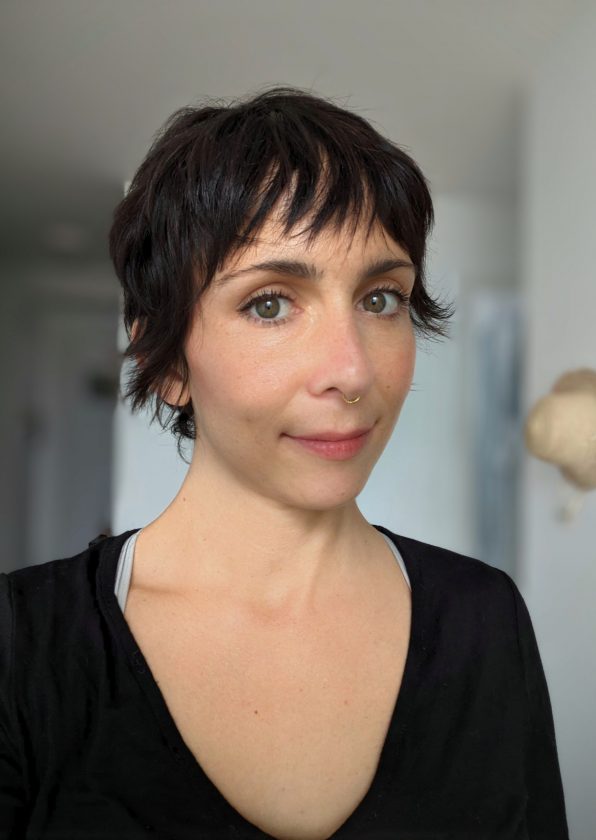
Tarek Shukrallah
( Philipps-University Marburg / Deutschland )
Tarek Shukrallah (they/them) is a political- and social scientist with a B.A. in political science from Philipps-University Marburg and an M.A. in Global Studies from Humboldt-University of Berlin. They also studied at Jawaharlal Nehru University (India) and the University of Pretoria (South Africa) as part of their M.A. After the completion of their M.A., Tarek Shukrallah was granted a Humboldt Research Track Scholarship for the preparation of their doctoral research.
Since January 2023, Tarek Shukrallah is pursuing a doctoral research project on gender and queer politics in Tunisia. From 2023-2024 Tarek Shukrallah held a scholarship grant by the Hans-Böckler-Foundation for their research as part of the Doctoral School for Intersectionality Studies at the University of Bayreuth. Since August 2024, Tarek Shukrallah holds a position as research assistant at the Institute for Political Science at Justus-Liebig-University, Giessen. In September 2024, Tarek is publishing an edited volume on Queer of Color histories in Germany. Their underlying research to that project was supported by the Schwules Museum Berlin and the project ver/sammeln antirassistischer Kämpfe, and funded by the German office for political education (bpb) and the Rosa-Luxemburg-Foundation.
Tarek Shukrallah’s research interests include but are not limited to Gender and Queerstudies, Critical Race Studies, Global and Area Studies, Intersectionality Studies, Critical Archive Studies and Queer of Color Critique.
Project: Global Capitalism, Local Intersections. LGBTQ in Tunisia between precarity and resistance
The project engages with queer politics in Tunisia since the revolution, centering the perspectives of activists and organizers in the field.
Affiliation to MECAM :01 October 2023- 31 December 2024
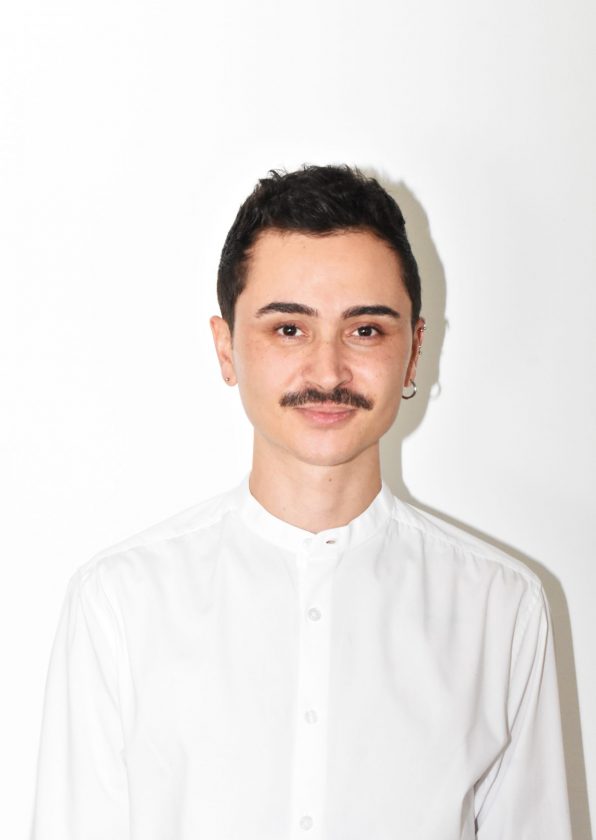
Dr. Kressen Thyen
( The University of Bremen, Germany )
Kressen Thyen is a political scientist and since 2018 a research associate (post-doc) at the University of Bremen. Her current research focuses on social change, political mobilization and social policy in rural Morocco and Tunisia. Before that, she was a research fellow at the GIGA Institute of Middle East Studies and a doctoral researcher at the University of Tübingen where she received her PhD in 2018 with a project on political legitimacy and youth protest in Egypt and Morocco. She held a visiting position at the WZB Social Science Research Center in Berlin and conducted research stays at the American University in Cairo, the Université Mohammed V in Rabat, the Université Hassan II in Casablanca and the MECAM/Université de Tunis.
Project: Social Policy and Rural Development in Africa
The research project “Social Policy and Rural Development in Africa” (2022-2025) explores the role social policy plays in rural settings in the Global South in general and in African countries in particular. The main question driving our research is: Which social policy measures have been developed to address the rural social question in African countries?
Based on the concept of “coupled arenas” in internationalized politics, we systematically investigate the interplay between international discourses, domestic politics and local implementations of rural development ideas. First, we highlight the socio-economic changes in the countryside and the transformative dynamics of agrarian policies in Botswana, Mozambique, Morocco, Tunisia, Uganda and Zambia to spell out the demand for social policy responses to tackle rural poverty and exclusion. Second, we comparatively analyze the policy solutions developed in rural development policies in these countries since 2000.
The project is part of the Collaborative Research Center 1342 “Global Dynamics of Global Policy” funded by the German Research Foundation (DFG), Link.
Affiliation to MECAM: October-November 2022 & April-May 2023
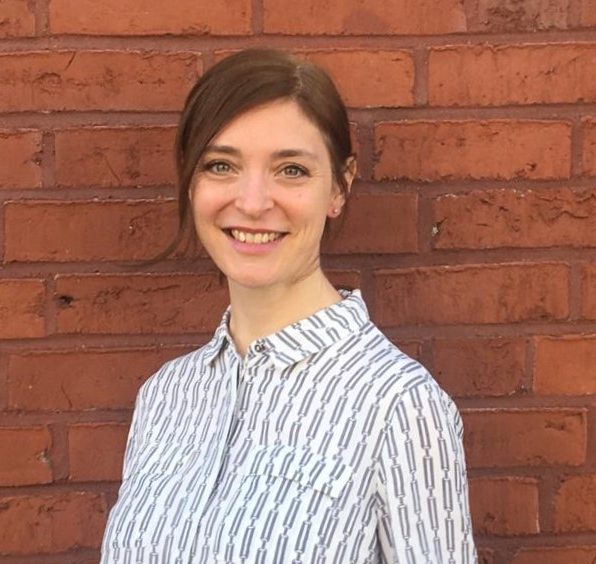
Dr. Maria Josua
( University of Tübingen, GIGA/ Deutschland )
Dr. Maria Josua is Research Fellow at the German Institute for Global and Area Studies (GIGA) in Hamburg. Her research tackles state-society relations in the Middle East and North Africa. At GIGA, she serves as the speaker of the Research Team „Authoritarian Politics“. Her articles on legitimation and repression have been published i.a. in Democratization, Journal of Global Security Studies, Mediterranean Politics, and Middle East Law and Governance. She completed her PhD at the University of Tübingen and joined GIGA as researcher and network coordinator for the 5-year research network on „International Diffusion and Cooperation of Authoritarian Regimes“. Since 2023 she has been MECAM’s Publication Manager in Hamburg.
Project: Responses to official discourse during the Arab uprisings 2010-2011
During her stay at MECAM, Dr. Maria Josua conducted field research in Tunis for her research project investigating how various actors responded to regime communication regarding protests in December 2010 and January 2011. She collected written and video material and conducted a range of interviews with actors from civil society on how domestic audiences reacted to the discourse by officials. This informed a larger research project on “Justifying Repression in Authoritarian Regimes of the Arab World: Official Framing and Target Audiences” funded by the German Research Foundation (DFG) that aims at understanding divergent trajectories during the period of the Arab uprisings.
Affiliation to MECAM : 6 October – 7 November 2022
